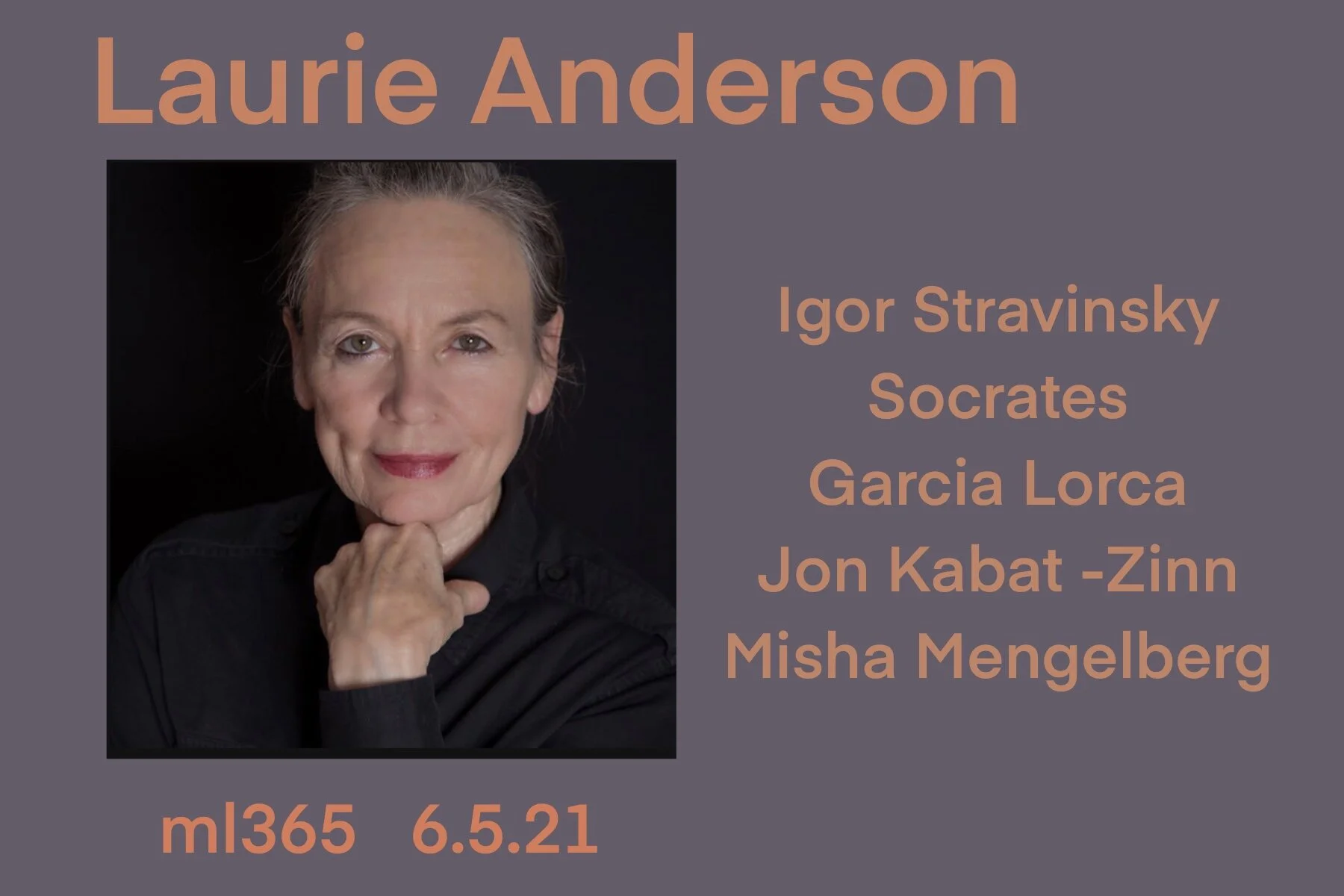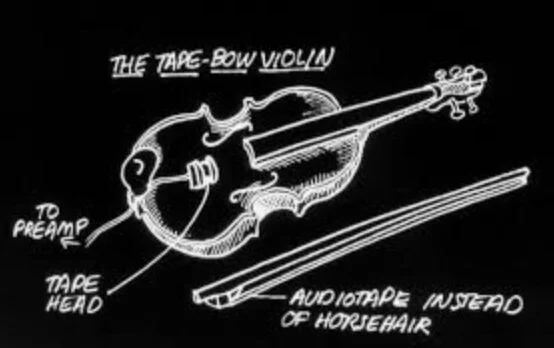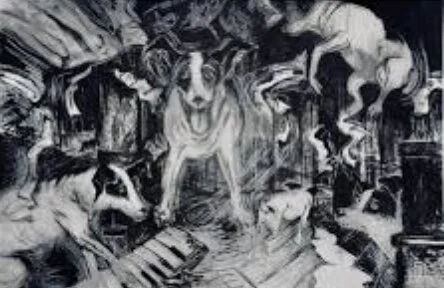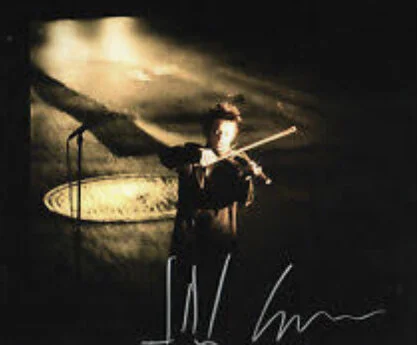“When the debate is over, slander becomes the tool of the loser.”
Drawing of Laurie Anderson, Mass MOCA, North Adams, MA.
Stravinsky quotes in Zappa's music
The Return Of The Son Of Monster Magnet has a segment referred to in the liner notes as “Ritual Dance of the Child-Killer”, a tribute to Igor Stravinsky's “Ritual Dance” movement from The Rite Of Spring.
Amnesia Vivace musically quotes "The Rite Of Spring" and "The Firebird".
Invocation & Ritual Dance Of The Young Pumpkin musically quotes "The Rite Of Spring".
Soft-Sell Conclusion quotes the Royal March from L'Histoire Du Soldat, after Zappa says: "The pumpkin is breathing hard".
Status Back Baby quotes "Petrouchka".
Zappa said in an interview that his decision to parody 1950s doo-wop and rock 'n roll on Cruising With Ruben & The Jets was inspired by Stravinsky's neoclassic works which parodied 17th and 18th century classical music: "It wasn't really a parody. If you are familiar with the development of the music of Igor Stravinsky; at one point he started writing a whole series of compositions that were in a style grossly unpopular at the time.He styled his own ideas in the old-style classicism; the rigid and certain type of harmony and certain type of scale structure. Basically that was what was happening with Ruben and the Jets. It was a neo-classic album. It uses all the structural elements of those type of songs. And it adhered to that form, except it was a modern-day thing, a modern day production." (FZ in Mother In Lore)
Fountain Of Love quotes the introductory notes of The Rite Of Spring.
Titties 'n Beer tells how a Devil tries to make a deal with a biker. In Stravinsky's "L' Histoire Du Soldat" the Devil tries to make a deal with a soldier. At one point the Devil in "Titties & Beer" namedrops Stravinsky when Zappa makes him guess what his two main interests are.
In-A-Gadda-Stravinsky quotes In-A-Gadda-Da-Vida by Iron Butterfly and The Rite Of Spring.
Zappa covered the Royal March from L'Histoire Du Soldat on Make A Jazz Noise Here.
The Mothers often included a brief extract from "Petroushka" such as can be heard on 'Tis The Season To Be Jelly.
Laurie Anderson is profoundly humane and original. Like an old friend talking to you about the things right under our noses that we keep missing ! I saw her in Hartford, Ct. in a small dark theatre. She projected images onto a screen behind her on the stage. One was of an actor in a Japanese kabuki dance. Taking the long “tape” bow she was using to play the violin, she whipped it down quickly in front of the projected image. For an instant, the figure came alive in front of the audience. As though they were there. They were there with you. Making the ordinary spectacular and the spectacular ordinary.
“In Spain, the dead are more alive than the dead of any other country in the world.”
the pianist Misha Mengelberg





